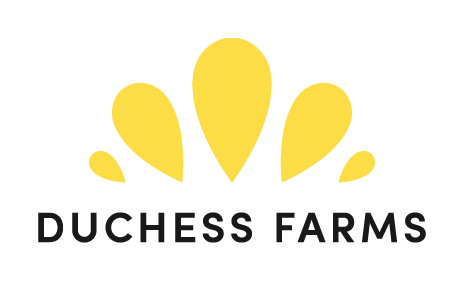Rapeseed - a brief history
Rapeseed was first recorded in English at the end of the 14th century and it’s now the third largest source of vegetable oil in the world. Worldwide production of Rapeseed has increased sixfold between 1975 and 2007.
It is believed that the Romans introduced Rapeseed to the UK, but its popularity dwindled over time. It wasn’t until the Middle Ages that it started to become popular again, as they discovered Rapeseed made a good ‘break crop’ – meaning it was grown in order to be dug back into the soil – helping to keep the weeds down and improve the soil.
During the industrial revolution, Rapeseed oil was used lubricate the steam engines. It was also fed to animals.
But it’s only recently that it’s getting the recognition it deserves, in the kitchen. Originally, Rapeseed was reserved purely for machinery oil and occasionally fed to cattle, as it was largely unpalatable and contained a toxic substance called erucic acid.
However, in 1973 Canadian scientists bred strains that were low in erucic acid and glucosinolate – the bitter substance that made it unpalatable – making it edible and safe for humans and cattle. Rapeseed innovation largely originated in Canada and, in 1978 Canadian company ‘Western Canadian Oilseed Crushers Association’ registered a product called ‘Canola’ – a contraction of ‘CANada’ and ‘OLA’ – from ‘Oil Low Acid’.
In the 1980’s European farmers were offered subsidies to grow Rapeseed, making it a financially viable crop for them. However, due to its unfortunate name, Rape or Rapeseed was sold as vegetable oil.
Due to its numerous health benefits, Rapeseed oil is now replacing other kitchen oils, in both the professional chefs’ kitchen and that of the health-conscious homeowner.
Production in Britain has now grown from a few thousand tonnes in the 1970’s to a couple of million tonnes today. Rapeseed oil takes between 135 and 150 days to mature and each seed will produce approximately 45% oil, 55% cake.
Unlike the majority of Rapeseed grown in the US, here in the UK and at Duchess Oils, we grow ‘Double Low' varieties: low in Erucic acid (less than 1%) and low in Glucosinolates. This means a product that far outweighs the health benefits of other oils and enables us to use the ‘Rapeseed cake’ to feed our cattle – who produce fertilizer that can be used to feed the crop that feeds them!

